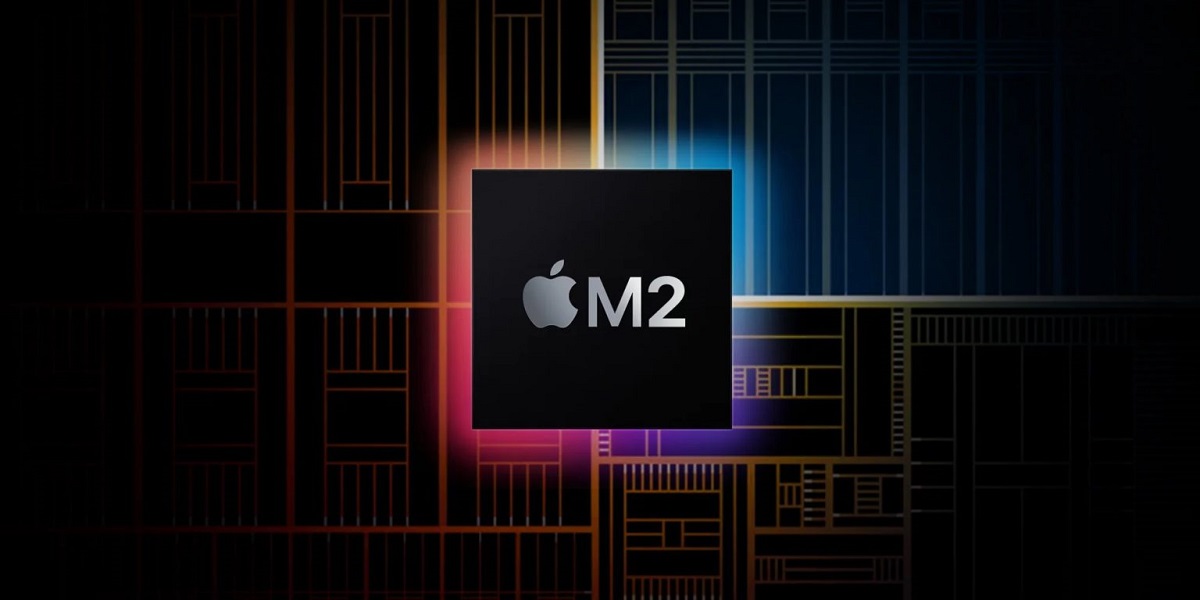Apple is the most famous and progressive company nowadays and is loved by many young people. Apple revealed that its mass production launch of the new 3nm M2 Pro chip at the end of the year. This is the first gradation of Apple Silicon chips created for the iPad and Mac. Fans were eagerly waiting for the new M2 Pro but had no news. This news is a cool breeze for fans.
The revelation clarifies few things. The first is that Apple will continue with its former supplier TSMC for its Apple Silicon chip. It is the Taiwanese supplier who will launch the mass production of the M2 Pro chip.
M2 Pro 3nm Chip – What’s New
The M2 Pro chip will be a 3 nanometer process and will be available in MacBooks and iPads. The scale of the chip in nanometers represents the total distance between the transistors. If the distance is less, the performance will be better. The 3 nanometer is very less far and less far chips perform better, which means the performance of the M2 Pro chip.
According to the company, M2 has 18% faster CPU performance than its predecessor M1. When it comes to graphics, it offers 35% better graphics compared to the new 10-core GPU. Apart from this, M2 offers 24 GB of RAM compared to M1 which had 8 GB and 16 GB of RAM in its two variants.
Before the news about this chip is announced, it is on the Internet that Apple is working on a new Mac Mini which will include the M2 Pro chip. It is also revealed that Apple is developing more powerful chips for its most anticipated Silicon Mac Pro.
This time, Apple has also been working on another new Mac mini (codenamed J474) featuring the M2 Pro chip – a variant with eight performance cores and four efficiency cores, totaling 12 cores to CPU. 10 cores from the current one. M1 Pro.
Apart from this, it has also been revealed that the upcoming iPAD will also feature a 3 nanometer chip.
Let’s wait to have these devices in hand to test their performance.
Also read: iPhone 14 series will feature A16 Bionic chipset






More Stories
Delay in mass production of new Intel products is a boon for AMD, share of AMD x86 server processors expected to exceed 22% in 2023, according to TrendForce
Quantum industry milestone brings mass production of quantum chips closer
NEO Battery Materials provides updates on installation of additional equipment for mass production optimization and final stages of commercial plant design for construction